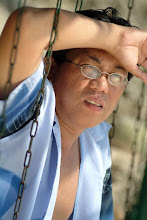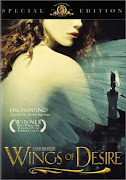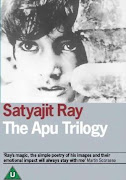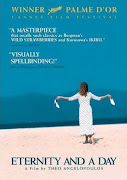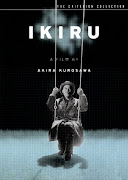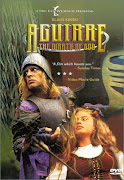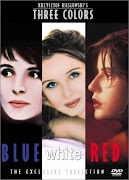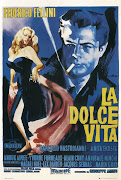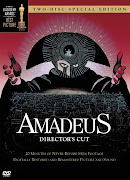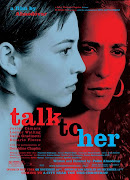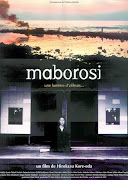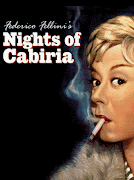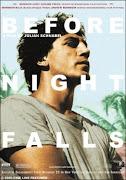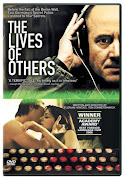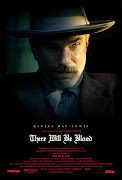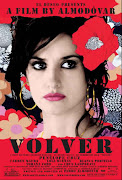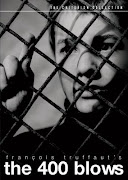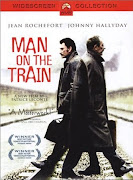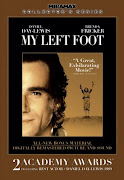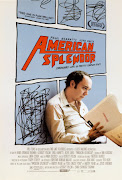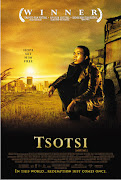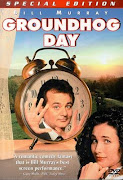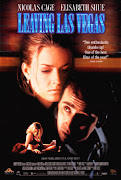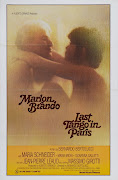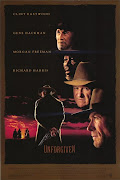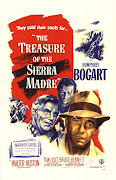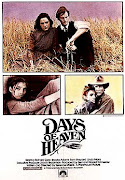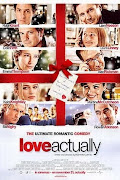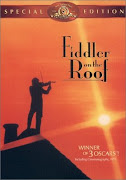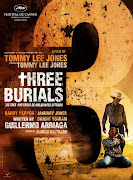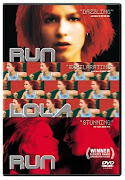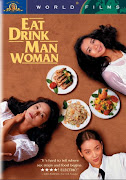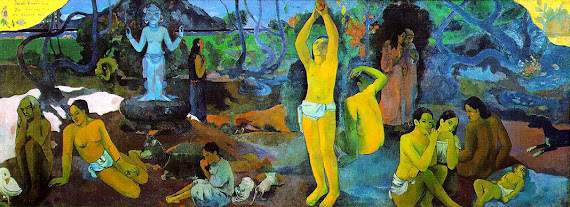 PROGRESS DOESN'T ALWAYS pave the way for a smooth-sailing life. Road congestion continues to be the bane fo urban living.
PROGRESS DOESN'T ALWAYS pave the way for a smooth-sailing life. Road congestion continues to be the bane fo urban living. Regarding this problem, here's a reprint of my opinion column in the op-ed page of Sun.Star Cebu (4th of September, 2007):
All the way
TOUGH luck, but it’s not totally berserk to bring the “tartanilla” back.
For many motorists in Metro Cebu, getting kicked by a horse might be no more tragic than being trapped in the midst of traffic. With the former, at least, one would hurtle away from one spot to another really quick. Broken bones, too, couldn’t be more dismal than the headache and heartburn triggered by mayhem on the road.
As it is, finding a way out of the woeful state of our major streets soon looks as farfetched as discovering a unicorn.
Putting the cart before the steed, it seems, has long been the way of Cebu’s movers and shakers gone helter-skelter in pursuit of progress. No wonder Paul Villarete, the Cebu City planning and development officer, must have felt like the Four Horsemen of the Apocalypse were just a snort away.
 “Almost as many cars run in Metro Cebu as in Manila, but Cebuano authorities are not improving the major roads,” Villarete rued in a recent forum on Environmentally Sustainable Transport (EST). Only an escape artist like Houdini could have wiggled free from the cramped streets in Cebu City against these odds: at least 8,329 units of public utility jeepneys (PUJs); 5,788 units of taxis, and 952 units of buses and mini-buses.
“Almost as many cars run in Metro Cebu as in Manila, but Cebuano authorities are not improving the major roads,” Villarete rued in a recent forum on Environmentally Sustainable Transport (EST). Only an escape artist like Houdini could have wiggled free from the cramped streets in Cebu City against these odds: at least 8,329 units of public utility jeepneys (PUJs); 5,788 units of taxis, and 952 units of buses and mini-buses.Through all this, of course, the air doesn’t go straight to anybody’s lungs like mountain mist and ocean breeze.
Thumb your nose down, too, at Desiderata; there’s just no way you can go placidly amid uncollected garbage, flash floods during rain, the procession during fiesta, and the stream of mourners on the heels of a hearse. (Was the death due perhaps to road rage, cancer by recurrent inhalation of traffic fumes, or the burst of a blood vessel arising from existential anxieties only a traffic jam can cause?)
As if it’s not enough that there’s a shortage of new infrastructure improvements in the city in the face of its burgeoning motorists, making matters worse is the dearth of discipline: the uncurbed issuance of franchise for public utility vehicles, the surplus of motorcycles as public transport, as well as drivers and pedestrians who are up and about like they got nine lives.
Horse sense and time are of the essence, true. And while Villarete’s proposal for a “a high-occupancy bus” or mass transport system is long overdue, better count on the bureaucracy to get going in the back of the snail and the turtle.
And because such a proposal can be green-lighted only with the prerequisite of political will, could the vote-fueled leadership steel its stomach to buck the backlash from displaced PUJ drivers come election time?
Elsewhere in the world—particularly in Stockholm, London, and Singapore — the race is on to steer clear from clogged thoroughfares with eco-friendly innovations. By tapping the resources of corporations like International
 Business Machines (IBM), these megacities have come up with the “biggest green initiative coming down the road these days,” according to New York Times columnist and Pulitzer Prize-winning author Tomas Friedman.
Business Machines (IBM), these megacities have come up with the “biggest green initiative coming down the road these days,” according to New York Times columnist and Pulitzer Prize-winning author Tomas Friedman.“Congestion pricing—charging people for the right to drive into a downtown area—is already proving to be the most effective short-term way to clean up polluted city air, promote energy efficiency and create more livable urban centers, while also providing mayors with unexpected new revenue,” writes Friedman.
Progress, in the long run, is about giving the will and imagination a full rein. So as not to be left behind, it’s up for Metro Cebu’s leaders to hold no horses with an open mind.





